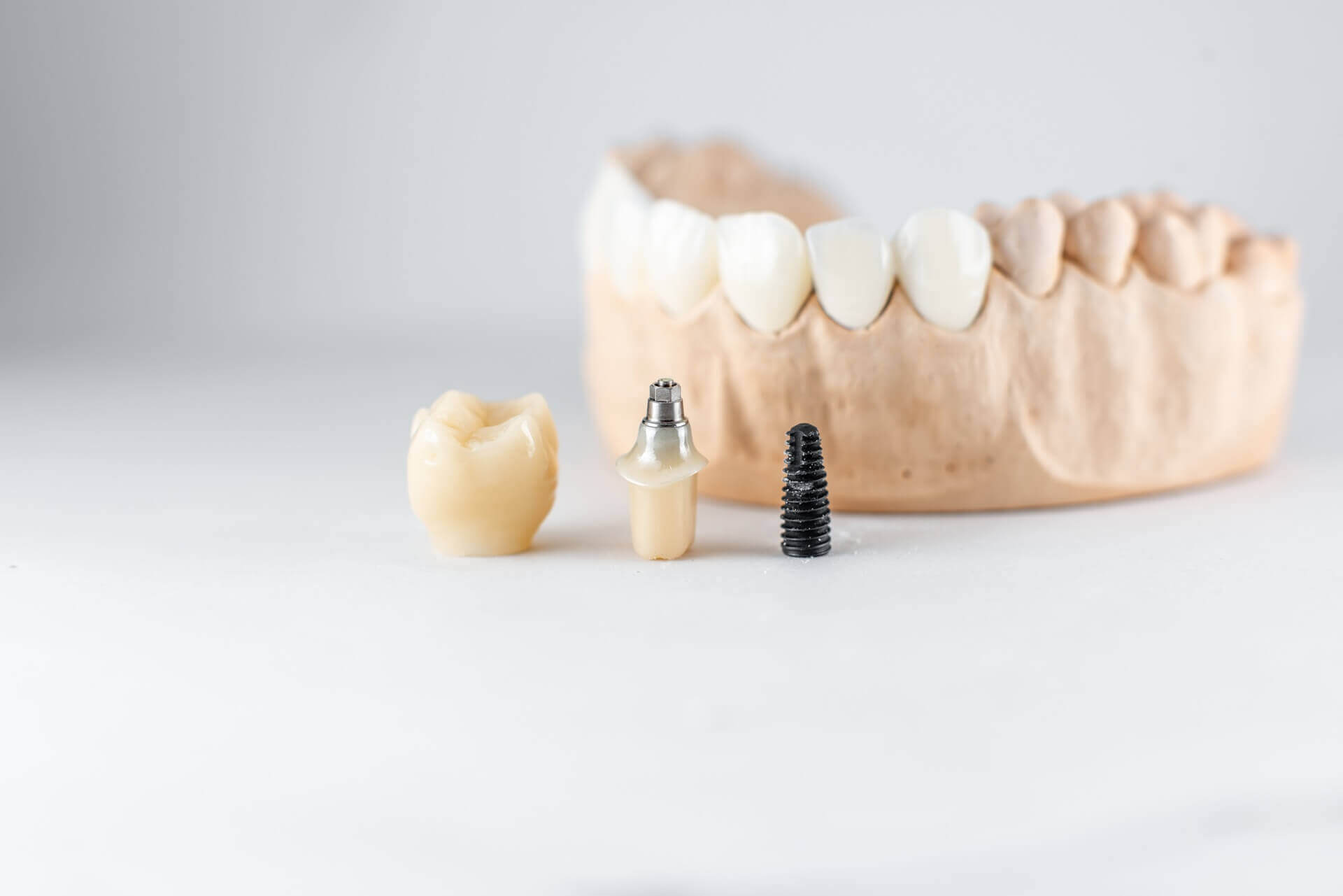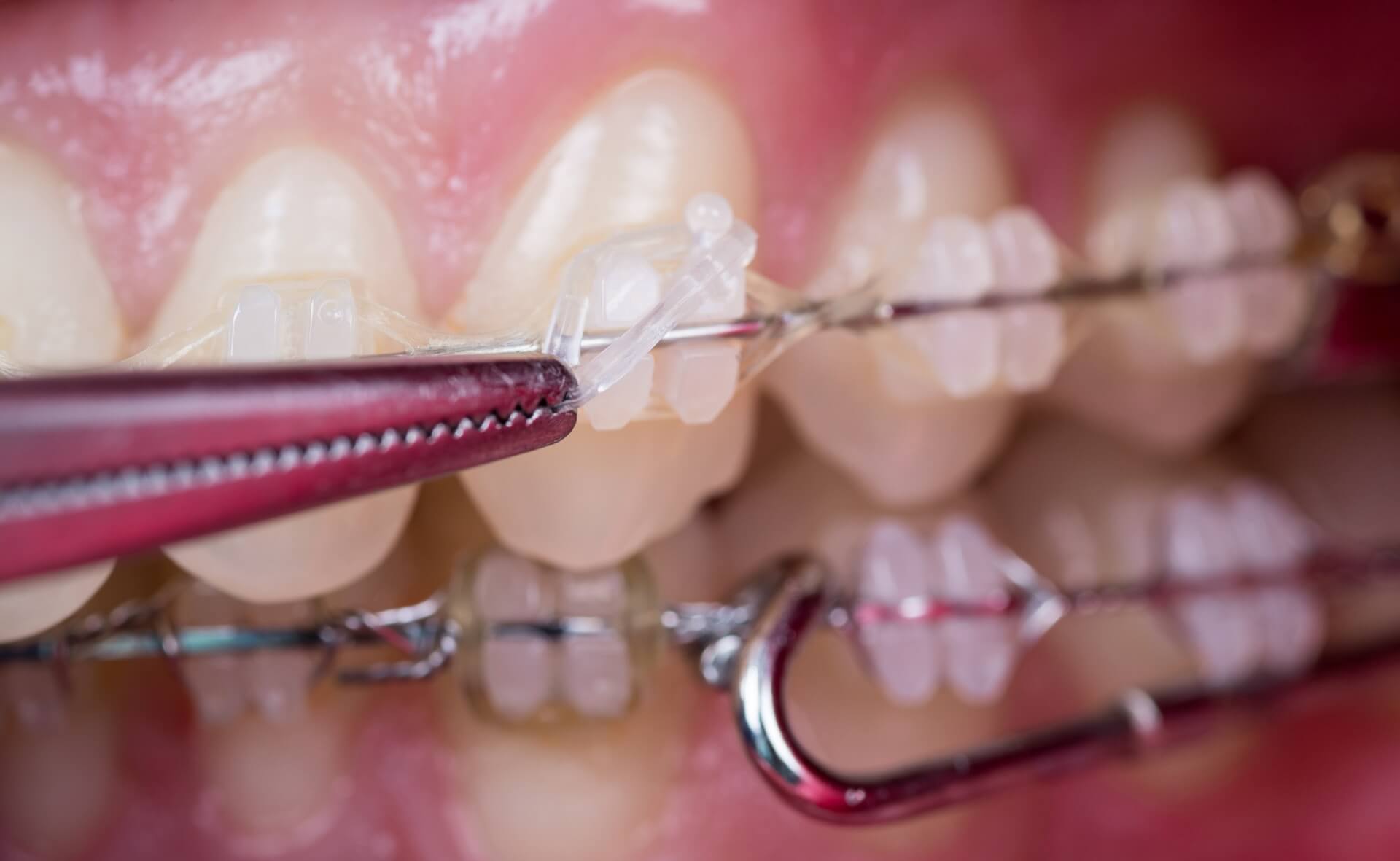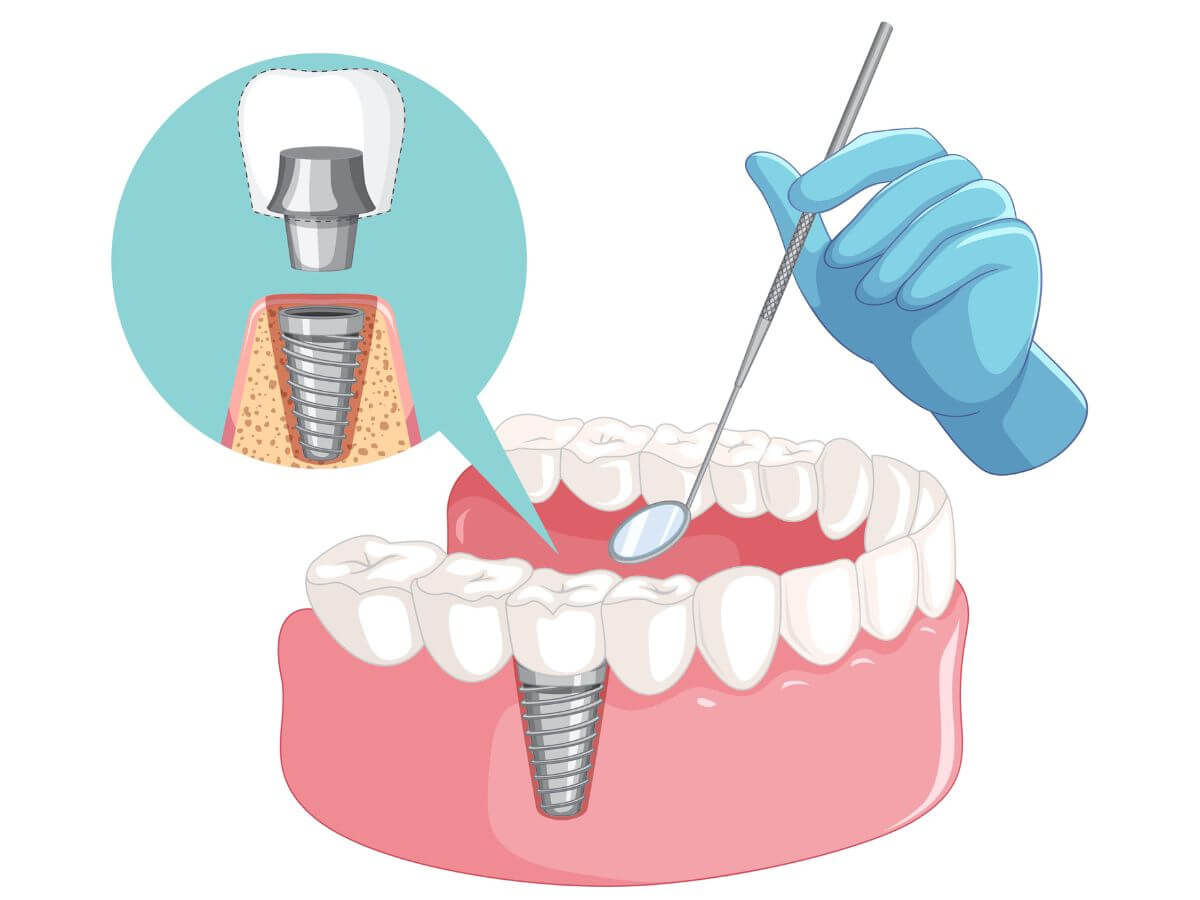A confident smile plays an important role in both personal and professional life. For Malaysians who have lost one or more teeth, dental implants offer a reliable and long-lasting solution.
Unlike dentures or bridges, implants are designed to feel and function like natural teeth, improving both appearance and oral health.
With advancements in dentistry, patients now have several options to choose from. But with so many types of dental implants available, how do you know which one is best for your needs?
This guide explains the main options for dental implants in Malaysia, their benefits, and the factors to consider before making a decision.
Your Complete Guide to Dental Implant Types and Which Suits You Best
What Are Dental Implants?
A dental implant is a titanium or ceramic screw surgically placed into the ridge bone to act as an artificial tooth root. Over time, bone grows around the implant screw thread in a process called osseointegration, providing a stable base for a crown, bridge, or denture.
Dental implants are valued because they:
- Look and function like natural teeth
- Do not involve adjacent natural teeth
- Prevent bone loss
- Improve speech and chewing ability
- Offer long-term durability
Options Based on Tooth Replacement Needs
- Single Tooth Implant – Ideal for replacing a single missing tooth with one implant and crown.
- Multiple Tooth Implants – Two or more implants can support a bridge to replace several teeth in a row.
- Full Dental Implants (All-on-4 / All-on-6) – A complete set of teeth supported by 4 or 6 implants per arch. This is a popular choice for patients with significant tooth loss who want a fixed alternative to dentures.
What Factors Should You Consider Before Choosing the Type of Dental Implant?
- Bone Density and Health – A dental scan will determine whether your jawbone can support implants or if grafting is required.
- Overall Oral Health – Healthy gums are crucial for implant success. Gum disease must be treated before placement.
- Budget – Implant costs vary depending on type, material, and number of teeth replaced. While more expensive upfront than dentures, they are longer-lasting.
- Recovery Time – Healing can take several months, especially if bone grafting or complex implants are needed.
- Lifestyle Factors – Smokers and patients with chronic conditions may need additional evaluation to ensure implant success.
What Are the Benefits of Dental Implants in Malaysia?
1. Natural Look and Feel for Improved Confidence
Implants mimic natural teeth in appearance and function, restoring a confident smile and boosting self-esteem in both personal and professional settings
2. Long-Term Durability Compared to Dentures or Bridges
With proper care, implants can last for decades, offering a more permanent and reliable solution than dentures or bridges, which require more frequent replacements.
3. Helps Maintain Ridge bone and Facial Structure
Implants stimulate bone maintenance , preventing bone loss and helping preserve natural facial contours, thereby reducing the risk of a sunken appearance.
4. Restores Proper Chewing, Improving Diet and Digestion
Securely anchored, implants improve chewing efficiency, allowing patients to enjoy a wider variety of foods and maintain better nutrition and digestive health.
5. Widely Available Across Malaysia
Available in private clinics and hospitals nationwide, implants are accessible and supported by trained specialists using modern dental technology.
Are Dental Implants Right for Everyone?
Not every patient is an immediate candidate for implants. Dentists typically evaluate bone health, gum condition, and overall medical history before recommending treatment. In some cases, preparatory procedures like bone grafting or sinus lifts may be required before implants can be placed.
Conclusion
Dental implants are a modern and highly effective way to restore missing teeth. Whether you need a single implant, a bridge supported by multiple implants, or full arch dental implants, the right choice depends on your oral health, lifestyle, and budget.
Find a Trusted Dental Implant Surgeon in Malaysia
By consulting a qualified dental specialist such as Family Dental Clinic in Malaysia, you can determine which option best suits your smile and long-term dental health.
👉 A healthier, more confident smile starts with the right dental implant choice. Explore the dental implant process and take the first step toward a confident smile.



